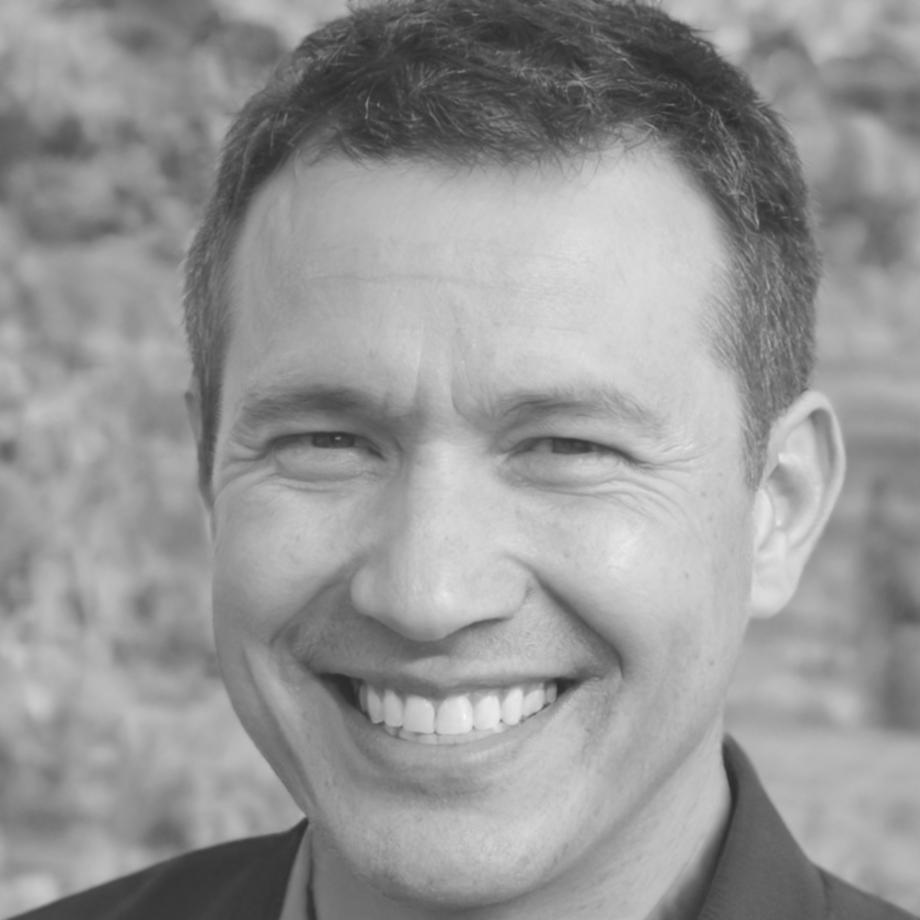Building Financial Futures Through Education
Since 2018, we've been helping Australian professionals master the art and science of financial modelling with practical, real-world training that actually works in today's business environment.
Our Teaching Philosophy
We don't believe in cookie-cutter approaches to financial education. Every business faces unique challenges, and every professional brings different experience to the table.
Our methodology centers on practical application rather than theoretical frameworks. Students work with real datasets from actual Australian companies, building models that solve genuine business problems they'll encounter in their careers.
- Project-based learning with real Australian business cases
- Small cohorts ensuring personalized attention and feedback
- Industry mentorship from active finance professionals
- Flexible pacing that adapts to professional schedules
- Ongoing support network extending beyond course completion
What sets our approach apart is the emphasis on understanding the 'why' behind every formula, assumption, and model structure. We've found that students who grasp the underlying business logic become far more effective practitioners.

Learning Together, Growing Together
The best insights emerge when professionals share experiences, challenge assumptions, and tackle complex problems as a team.
Peer Learning Networks
Connect with finance professionals across Australia. Our alumni network spans major corporations, consulting firms, and growing startups, creating lasting professional relationships that extend well beyond your studies.
Group Problem Solving
Complex financial challenges require diverse perspectives. Our structured group sessions bring together professionals from different industries to tackle real-world modelling scenarios collaboratively.
Industry Partnerships
We maintain active relationships with leading Australian financial institutions and consulting firms, providing students with direct access to industry insights and potential career opportunities.

Experience That Matters
Zephyr brings 15+ years of hands-on experience from corporate finance roles at some of Australia's most respected firms. His approach combines rigorous technical training with practical insights gained from building models that actually get used in boardrooms.
"I've seen too many finance professionals struggle with models that look impressive but fall apart under scrutiny. My goal is to teach people how to build robust, defensible models that stakeholders can actually trust and use for decision-making."
How We Actually Teach
Forget about endless PowerPoint presentations and theoretical exercises. Our students learn by doing, supported by structured guidance and real-world context.
Real Data, Real Problems
Start with actual financial statements from Australian companies. Build models using real market conditions, industry dynamics, and economic assumptions that reflect current business realities.
Iterative Improvement
Present your models to the group and receive constructive feedback. Learn to defend your assumptions, identify weaknesses, and continuously refine your approach based on peer and instructor insights.
Professional Context
Understand how models fit into broader business processes. Learn when to build detailed models versus quick analyses, how to present findings to different audiences, and when to say "I don't know" with confidence.